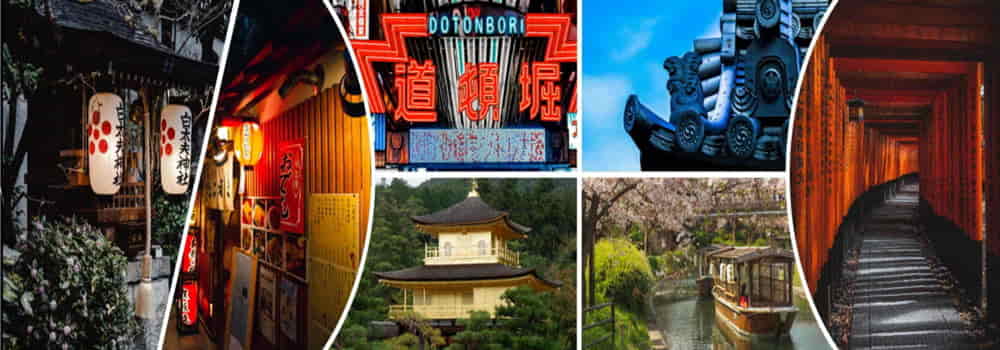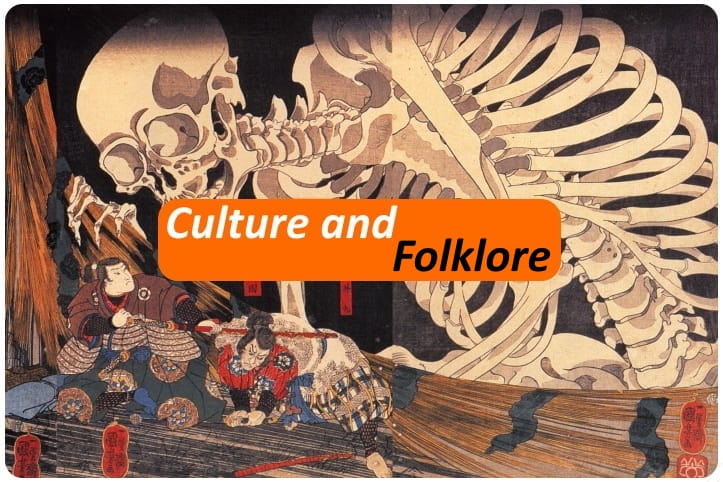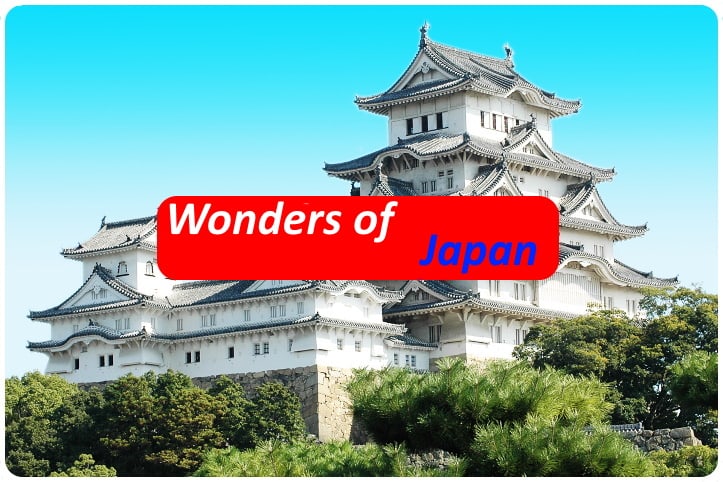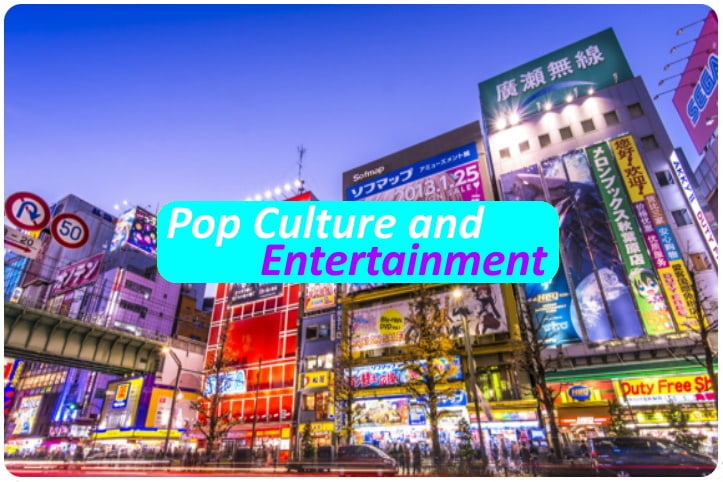Anisong アニメソング a division of primary importance

Anisongs (short form of the word アニメソング, anime songu) is a separate genre/sound of Japanese music production, a "subgenre" of J-pop. This musical genre has established itself in recent years with the growth of anime productions and with interesting openings or endings that have fascinated those who follow Japanese animation.
The early days (1930-70)
It all started with 黒ニャゴ (Kuro Nyago lit. "The black cat"), by Noburō Ōfuji (大藤 信郎 1900-1961): the first Japanese animated work with music that is considered the prototype of anime songs (you can see in this video one of the very first anime created https://youtu.be/DWVLwA-ynWE). In the following years, little by little these little masterpieces began to arouse interest, until 1963 when Astro Boy (鉄腕アトム Tetsuwan Atomu) was created, whose acronym "Theme of Astro Boy" ( https://youtu.be /QsIv3Se1eLo) became known to the public because it was used as the starting song of Takadanobaba station (高田馬場駅, Takadanobaba-eki). For those who have never been to Japan, there are circuit train stations that have specific songs that distinguish them. But we will talk about this in a future article that will surely fascinate you.
In the following years, little by little these little masterpieces began to arouse interest, until 1963 when Astro Boy (鉄腕アトム Tetsuwan Atomu) was created, whose acronym "Theme of Astro Boy" ( https://youtu.be /QsIv3Se1eLo) became known to the public because it was used as the starting song of Takadanobaba station (高田馬場駅, Takadanobaba-eki). For those who have never been to Japan, there are circuit train stations that have specific songs that distinguish them. But we will talk about this in a future article that will surely fascinate you.
The birth (1970-80)
Subsequently in the 1970s, theme songs became increasingly important, so much so that they acquired the status of "music category". The phenomenon was of such magnitude that the people chosen to sing the initials were recognized as "singers", even though they did not perform in public.
We can remember important characters such as Mitsuko Horie (堀江美都子1957) whose debut was with the anime Judo Boy (紅三四郎, Kurenai Sanshirō, "Scarlet Sanshiro"), which followed the biggest success with the theme song Candy Candy (キャンディ・ キャンディ Kyandi Kyandi) which has sold over 100 million copies winning several awards.
Over time, the anisong-related apparatus grew to include voice actors: notably two from Mobile Suit Gundam (機動戦士ガンダム, Kidō Senshi Gandamu), Toshio Furukawa (古川 登志夫, 1946) and Tōru Furuya (古谷 徹, 1953), had the intuition to create the first vocal unit whose components were voice actors, or Slapstick (スラップスティック), thus creating the first fandom.

Increasing popularity allows songs to take a further leap in their structure. At the beginning these had to use the title linked to the anime series and the themes that the series itself carried forward. With the introduction of free artists, this rule broke down and the texts began to focus on the thoughts and feelings of the characters, so as to have a more universal appeal by detaching themselves from the only context linked to the anime.
The Mainstream (1980-90)
The revolution linked to the introduction of unqualified free artists as professional singers, led in the 80s to the inclusion of musicians unrelated to the animation industry, who, upon request or on their own initiative, began to compose and perform theme songs . This was how many of the chart hits were born.
In 1984, the single "Ai Oboete Imasu ka" (愛・おぼえていますか, lit. "Do You Remember Love?"), released on Macross (マクロス, Makurosu), peaked at number seven on the Oricon Weekly Singles Chart ( here is the performance of the song https://youtu.be/OfuW_Wbt73c). A few years later, in 1987, TM Network received media attention when their song Get Wild ( https://youtu.be/d1Z68Y0mAaI) was released and used for City Hunter. The success was so incredible that the band's popularity grew rapidly so that they were invited to the 72nd Kōhaku Uta Gassen (NHK紅白歌合戦, Enu Eichi Kei Kōhaku Uta Gassen, "NHK Red and White Song Battle"), the television show for the new year, to run it.

The attestation of the phenomenon
With the recognition gained from the television performance, record labels dedicated exclusively to the production of anisongs were later born. Furthermore, precisely because the transition, within popular music, from kayōkyoku (歌謡曲) to J-pop had already taken place, the "classical" (i.e. operating only in that sector) "anime singers" such as e.g. Masami Okui (奥井 雅美, 1968), began to incorporate other sounds. To this we can add the presence of more and more voice actors as "singers" (e.g. Hekiru Shiina 椎名 へきる, 1974, Mariko Kouda 國府田 マリ子, 1969, Megumi Hayashibara 林原 めぐみ, 1967) who continued to form groups (e.g. Minami Takayama 高山 みなみ, 1964 with Two-Mix).
The growth in popularity of this musical genre continued in strong growth and around the mid-2000s there was a real "boom of voice actors", at the same time as another phenomenon: "the war of the idols". This had arisen because the record companies had begun to recruit, as dubbers and singers at the same time, even young girls who were able to have an "idol" presence or were already established artists, this is the case of Riisa Naka (仲 里依紗, 1989), Koharu Kusumi (久住 小春, 1992) and Aya Hirano (平野 綾, 1987). At the beginning it was thought that this "contamination" could have negative repercussions, but the doubts were immediately dispelled and on the contrary there was a further boom, so as to lead to the creation of festivals, such as for example the Animax active since 2007, as well as increasingly finding songs in the playlists offered by karaoke clubs.
Since 2010 the phenomenon has expanded and "invaded" the video-game sector and the digital world thanks to the "Ho-kago Tea Time", an imaginary band from the K-On series! (けいおん!, Keion!). These pure fantasy characters became the first to get an important position (the first and second) in the Oricon Weekly Singles Chart with "their" songs. It is thanks to them that in the following years we can interact with idol-themed multimedia projects, such as Love Live! School Idol Project Series, The Idolmaster and Uta no Prince-sama (うたの☆プリンスさまっ♪, Uta no☆Purinsu-sama♪, lit. "Princes of Song"), as well as having a specific chart Billboard, Billboard Japan Hot Animation Chart, and the phenomenon can only continue.

What do you think about it? Are you a fan of the openings and/or endings or do you skip them by going straight to the anime? Let us to know what you think.
Samantha Sisto
Info credits:
Wikipedia
Mangaplanet
Jpop fandom
Photo credits:
Astroboy Fandom
Senscritique
Themoviedb
Manga Anime Vostfr
Leganerd
Wallpapercave
Misiontokyo
Tupersonajefavorito

 English (United Kingdom)
English (United Kingdom)  Italiano (it-IT)
Italiano (it-IT) 






![[Review] Princess Toyotomiプリンセス トヨトミ](https://www.fukainihon.org//cache/mod_jt_contentslider/fdfb524f85518b9476158c79c8ea022f_328.jpg)


